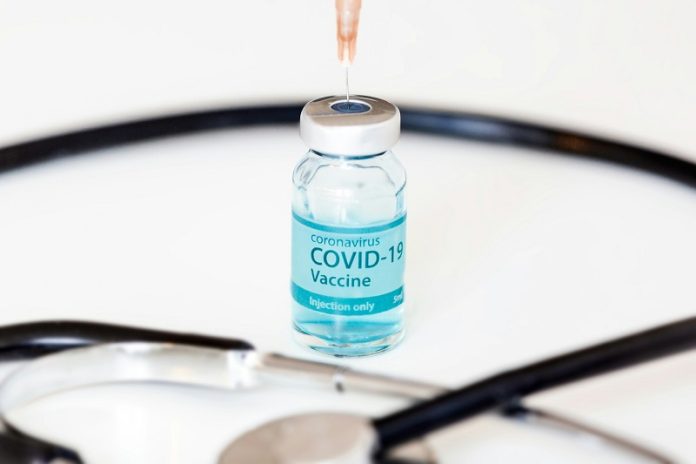
When you got the COVID-19 vaccine, you may have noticed different reactions in yourself compared to others.
Some people experienced strong side effects, while others barely felt a thing.
A new study led by Catherine Andersen, an associate professor at the University of Connecticut, explores why some people experience more side effects than others.
The study, published in the Journal of Agriculture and Food Research, looks at factors like stress, exercise, and hormonal birth control use.
Concerns about side effects were a significant reason some people hesitated to get the vaccine.
But there hasn’t been much research into what might make someone more likely to experience side effects.
Andersen teamed up with Christa Palancia Esposito, a nurse practitioner at Fairfield University, to investigate this.
Esposito noticed that COVID-19 was affecting women’s health differently than men’s, which sparked interest in studying vaccine responses.
Their study focused on whether sex, hormonal birth control use, body mass index (BMI), diet, and exercise influenced how people felt after getting vaccinated. The researchers wanted to explore if certain personal factors played a role in side effects.
For this small study, the researchers surveyed 82 people who had received any of the three COVID-19 vaccines available in 2021.
They found that stress, BMI, exercise habits, and hormonal birth control use all seemed to affect how people perceived side effects.
One key finding was that stress had a significant impact on how people experienced side effects. Andersen explained that stress could either influence how intensely people felt the side effects or cause biological changes in the body that made side effects worse.
Although there were no major differences between men and women in terms of side effects, women in the study reported feeling more stress and exercising less than men.
The study also found that regular exercise helped reduce side effects after the first vaccine dose. However, for the second dose, people who exercised regularly actually reported more severe side effects. Andersen noted that exercise can temporarily increase inflammation, which may explain this finding.
Women using hormonal birth control, especially the pill, were more likely to report stronger side effects. Similarly, people with a higher BMI also experienced more intense side effects after vaccination.
The study also looked at whether diet or supplements played a role in side effects, but with such a small sample size, they couldn’t find any strong connections.
However, Andersen plans to use this data in her future research, focusing on how diet and lifestyle affect the immune system and vaccine responses.
The long-term goal is to help make vaccines more effective while reducing side effects.
By understanding how personal factors influence vaccine reactions, researchers hope to improve vaccine experiences and encourage more people to get vaccinated without fear of side effects.
If you care about COVID, please read studies about vitamin D deficiency linked to severe COVID-19, death, and how diets could help manage post-COVID syndrome.
For more health information, please see recent studies about COVID infection and vaccination linked to heart disease, and results showing extracts from two wild plants can inhibit COVID-19 virus.



